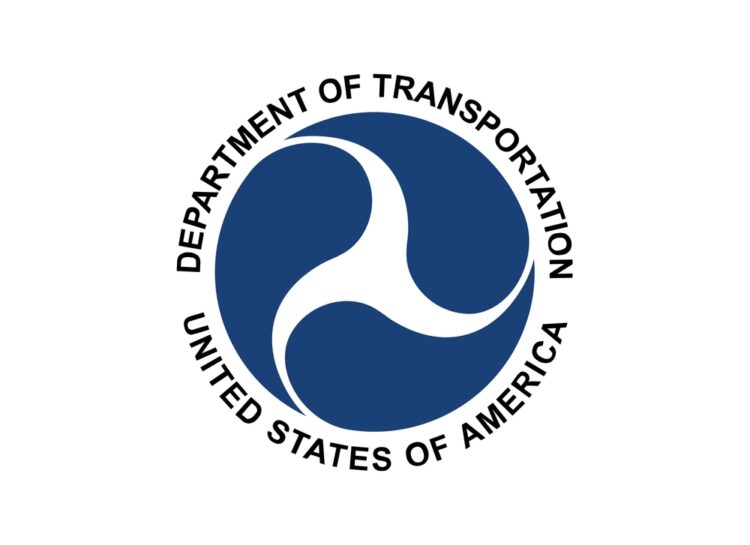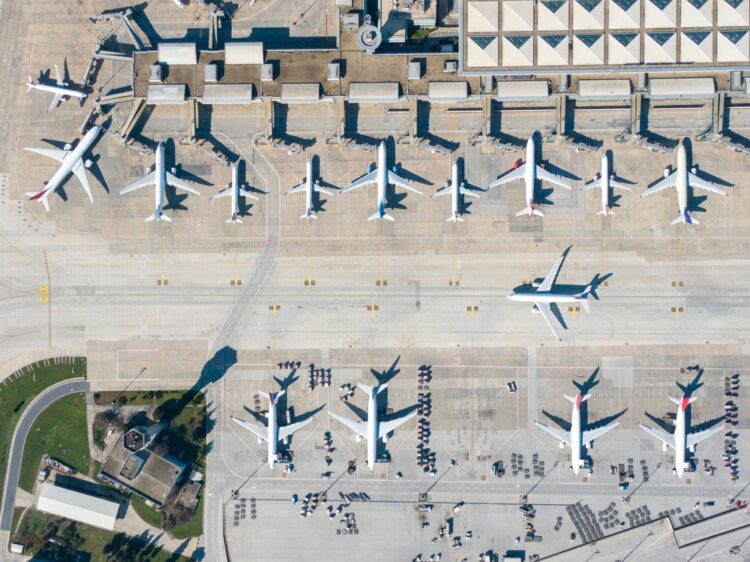Change is in the air as the U.S. Department of Transportation (DOT) has shored up a number of consumer protections. The latest regulations mandate that airlines must offer consumers automatic refunds for both canceled flights and extensive delays, marking a significant stride toward heightened passenger rights.
The DOT now requires that if a U.S. airline cancels a flight or significantly delays it—domestically, by more than three hours, and internationally, by over six hours—an automatic refund must be issued without the passenger requesting the refund. This move towards a standardized refund procedure signifies a monumental shift from a previously fragmented, airline-dependent landscape.

These regulations extend beyond delays alone; they cover fundamental service changes, including flight path or time modifications and even for a significant downgrading of services.
When Passengers Are Entitled to a Refund Under the Automatic Refund Rule
- Your flight is canceled, and the airline does not rebook you: You are entitled to a refund if the airline cancels a flight, regardless of the reason, and does not rebook you on a new flight or you do not proactively accept alternative compensation, such as a flight voucher or miles.
- Your flight is canceled, and you do not accept rebooking: If your flight is canceled and the airline offers rebooking or alternative compensation, but you do not accept these offers, you are entitled to a refund.
- Your flight is “significantly changed,” and you do not accept the changed itinerary nor any offers of rebooking or other compensation: If your flight is significantly changed and you do not want to travel with the changed itinerary or a rebooked itinerary and you do not accept any other compensation offered in lieu of a refund, you are entitled to a refund.
Under the DOT regulations, a “significant change” includes:
- A domestic flight departs 3+ hours earlier or arrives 3+ hours later than scheduled;
- An international flight departs 6+ hours earlier or arrives 6+ hours later than scheduled;
- The origination or destination airport is changed;
- The number of connections is increased;
- The passenger is downgraded to a lower class of service; and
- Connections at different airports or flights on different planes that are less accessible or accommodating if you are a person with a disability.
- Your baggage is significantly delayed: You are entitled to a refund for a checked bag fee if you file a mishandled baggage report and your bag is not delivered within 12 hours of a domestic flight arriving at the gate, or within 15 or 30 hours of an international flight arriving at the gate, depending on the length of the flight.
- Extra services are not provided: You are entitled to a refund for the fee you paid for an ancillary service — such as Wi-Fi, seat selection, or inflight entertainment — if an airline fails to provide this service.
You are not entitled to a refund if you accept a rebooked flight with the airline or continue with a significantly changed itinerary. However, most U.S. airlines have committed to providing benefits such as hotels for overnight delays or meals for passengers during significant delays and cancellations that are caused by issues within the airline’s control. You can view those benefits at flightrights.gov.
Airline passengers will get a refund to their original form of payment should they choose not to accept any rebooking of the canceled flight. Naturally, this is likely less useful if you are midway through a flight since the objective is to get to your destination.
“Passengers deserve to get their money back when an airline owes them—without headaches or haggling,” Transportation Secretary Pete Buttigieg said. “Our new rule sets a standard to require airlines to promptly provide cash refunds to their passengers.”
For airlines, the financial implications of more frequent refunds could be challenging amidst a competitive market. Airlines might face losses not just from reimbursement but from the potential lack of incoming replacements for canceled bookings.
However, this challenge also presents an opportunity for carriers to sharpen their operational efforts. By bolstering reliability, honing communication strategies, and investing in contingency plans to reduce cancellations or significant delays, airlines can better maintain consumer trust and loyalty.
From the traveler’s perspective, the regulations spell ease and empowerment—no more marathon calls with customer service or settling for less-than-ideal compensation. The automatic refund process simplifies and quickens financial restitution, easing the stress that disrupts travel planning.
As these regulatory changes unfold, they set a new benchmark not only for U.S. airlines but potentially influence global travel norms. This heightened accountability and transparency might encourage international carriers to follow suit, fostering a universal culture of consumer-centric policies. As more stakeholders embrace this shift, the travel landscape could see improvements in consumer trust and industry service standards, ultimately enhancing the overall flight experience.


